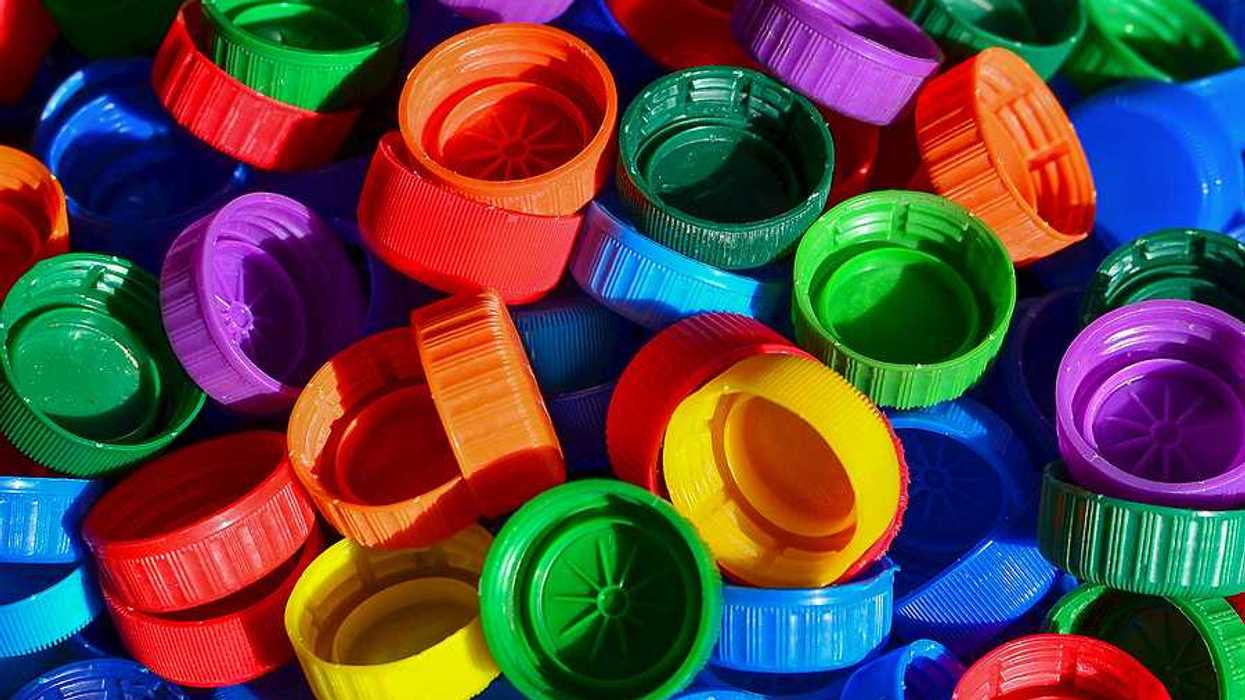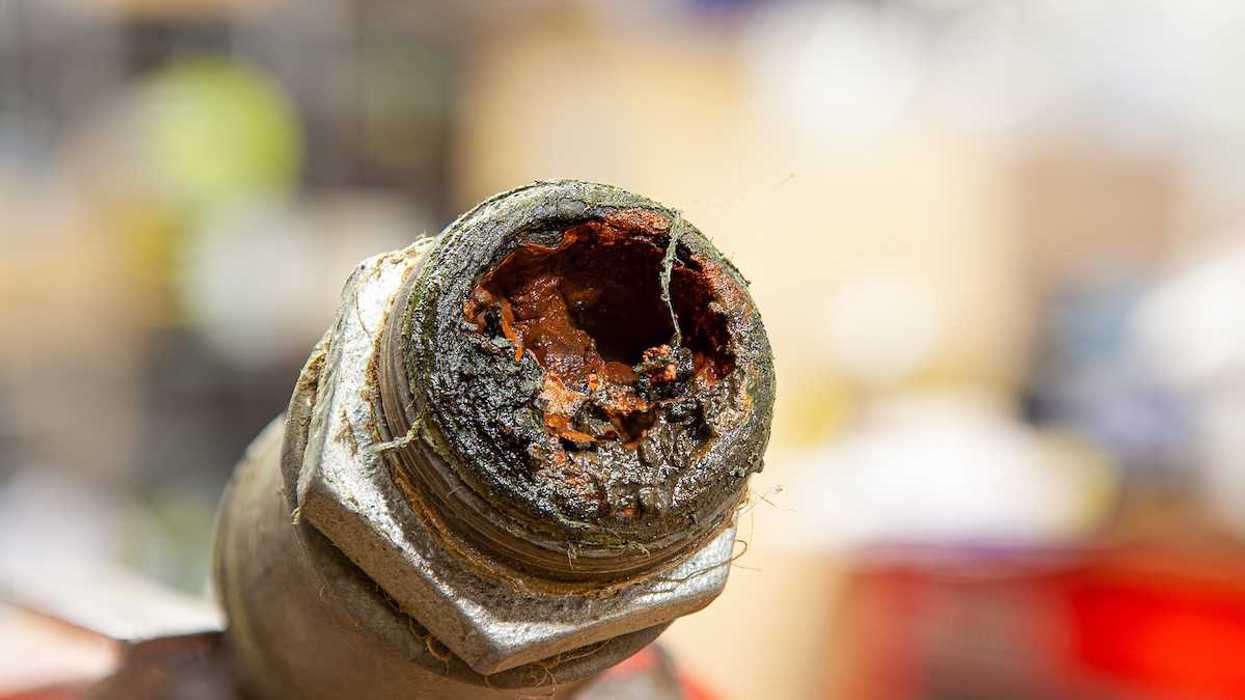Chemicals leaching from common plastic products may interfere with the body's sleep-wake rhythm by altering brain cell receptors, new lab research finds.
Tom Perkins reports for The Guardian.
In short:
- Scientists tested chemicals extracted from a PVC medical tube and a runner’s hydration pouch and found they disrupted the cellular mechanisms that control circadian rhythm.
- These chemicals activated the brain’s adenosine receptor in ways that delayed internal biological clocks by up to 17 minutes — comparable to the effects of caffeine.
- The study adds to a growing body of evidence linking plastic chemicals to health issues, but the specific effects of this pathway in humans remain unclear and need further study.
Key quote:
“We don’t know the significance of it and you could say, ‘Oh it’s just 15 minutes so it’s not a big deal’, but it’s such a tightly controlled clock that it’s a significant shift.”
— Martin Wagner, study co-author and plastic chemical researcher, Norwegian Institute of Science and Technology
Why this matters:
Circadian rhythms run the body's daily schedule, managing everything from sleep and metabolism to immune response. When this internal clock drifts—even slightly—people may struggle with falling asleep or staying alert at the right times. Over time, that can lead to chronic health problems like diabetes, cardiovascular disease, and cognitive decline. What’s alarming about this study is not just the disruption, but the source: Chemicals that leach from the plastics we touch, wear, and even use for feeding or hydration. These aren't slow-brewing hormonal disruptions like those tied to phthalates or bisphenols. They work quickly and mimic a key brain signal pathway, potentially nudging our internal clocks out of sync with our environment.
Learn more: Plastics may disrupt the body’s clock, raise risk of chronic disease, study finds














